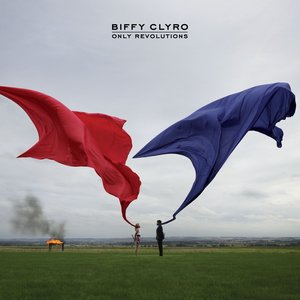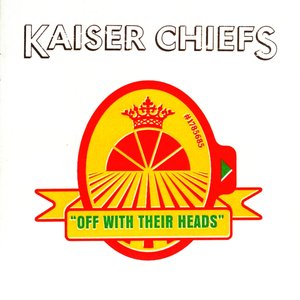Wiki
-
Release Date
15 June 2001
-
Length
11 tracks
Origin of Symmetry is the second studio album by English alternative rock band Muse, released on 17 June 2001 by Mushroom Records. Recording took place at Ridge Farm Studios in Surrey and Real World Studio in Wiltshire, and additional recordings were made at Astoria Studios, Richmond Studios and Abbey Road Studios in London and Sawmills Studio in Fowey, Cornwall. The album was mixed at Sawmills and mastered at Sony Music Studios in London. Origin of Symmetry was produced by David Bottrill, John Leckie (who previously worked on the band's first album, Showbiz) and the band themselves. In the UK it reached #3 and was certified platinum. The title for the album comes from a concept put forward by Michio Kaku in his book Hyperspace.
The album was met with overwhelmingly positive reviews and in 2006 earned the spot of 74 on Q Magazine's 100 Greatest Albums of all Time.
Origin of Symmetry is seen as a departure from the alternative rock sound of Showbiz, as the band experimented instrumentally throughout the album. Dominic Howard (drums) augmented the standard rock drum kit with various other items of his own, and Matthew Bellamy uses a pipe organ at St Mary the Virgin's Church, Bathwick on "Megalomania". Due to the requirement of a pipe organ, this song is rarely played live by Muse, perhaps the most notable occasions being at Muse's charity gig at the Royal Albert Hall and during the Hullabaloo concert in Paris.
Throughout the album, the bass line is used as the driving force, often with the guitar providing only an extra layer to the song rather than carrying the melody. The bass has distortion and other effects applied to it to achieve a greater weight, allowing the guitar to digress from the main chord progression and play higher notes.
Controversy:
Maverick Records, who previously released Showbiz in the United States, asked the band to remove the falsetto vocals for the album's release, claiming that their presence would discourage radio play. Muse's refusal saw them part ways with the label, meaning that the album was not released in the US until 2005.
Nestlé tried to use the song "Feeling Good" in a coffee commercial, though the band refused to give the company permission to do so. After using the song anyway, the band successfully sued Nestlé for £500,000, which the band donated to the charity Oxfam.
Muse:
* Matthew Bellamy – lead vocals, guitars, piano, keyboards,
Wurlitzer piano on track 10, pipe organ on track 11, strings arrangement, production, mixing
* Christopher Wolstenholme – bass, backing vocals, double bass on track 10, vibraphone, production, mixing
* Dominic Howard – drums, percussion, production, mixing
Guest musicians:
* Jacqueline Norrie – violin
* Sara Herbert – violin
* Clare Finnimore – viola
* Caroline Lavelle – cello
Additional personnel:
* David Bottrill – production and engineering on tracks 1, 2, 5 and 9
* John Leckie – production and engineering on tracks 3, 4, 6, 7, 8, 10 and 11
* Ric Peet – engineering on tracks 3, 4, 6, 7, 8, 10 and 11
* Steve Cooper – additional engineering on tracks 1, 2, 5 and 9
* Chris Brown – additional engineering and programming on tracks 3, 4, 6, 7, 8, 10 and 11
* Mark Thomas – assistant engineering on tracks 2, 4, 5 and 7
* Claire Lewis – assistant engineering on tracks 3, 4, 6, 7, 8, 10 and 11
* Damon Iddins – assistant engineering
* Mirek Styles – assistant engineering
* John Cornfield – mixing
* Ray Staff – mastering
* William Eager – artwork
Album descriptions on Last.fm are editable by everyone. Feel free to contribute!
All user-contributed text on this page is available under the Creative Commons Attribution-ShareAlike License; additional terms may apply.












